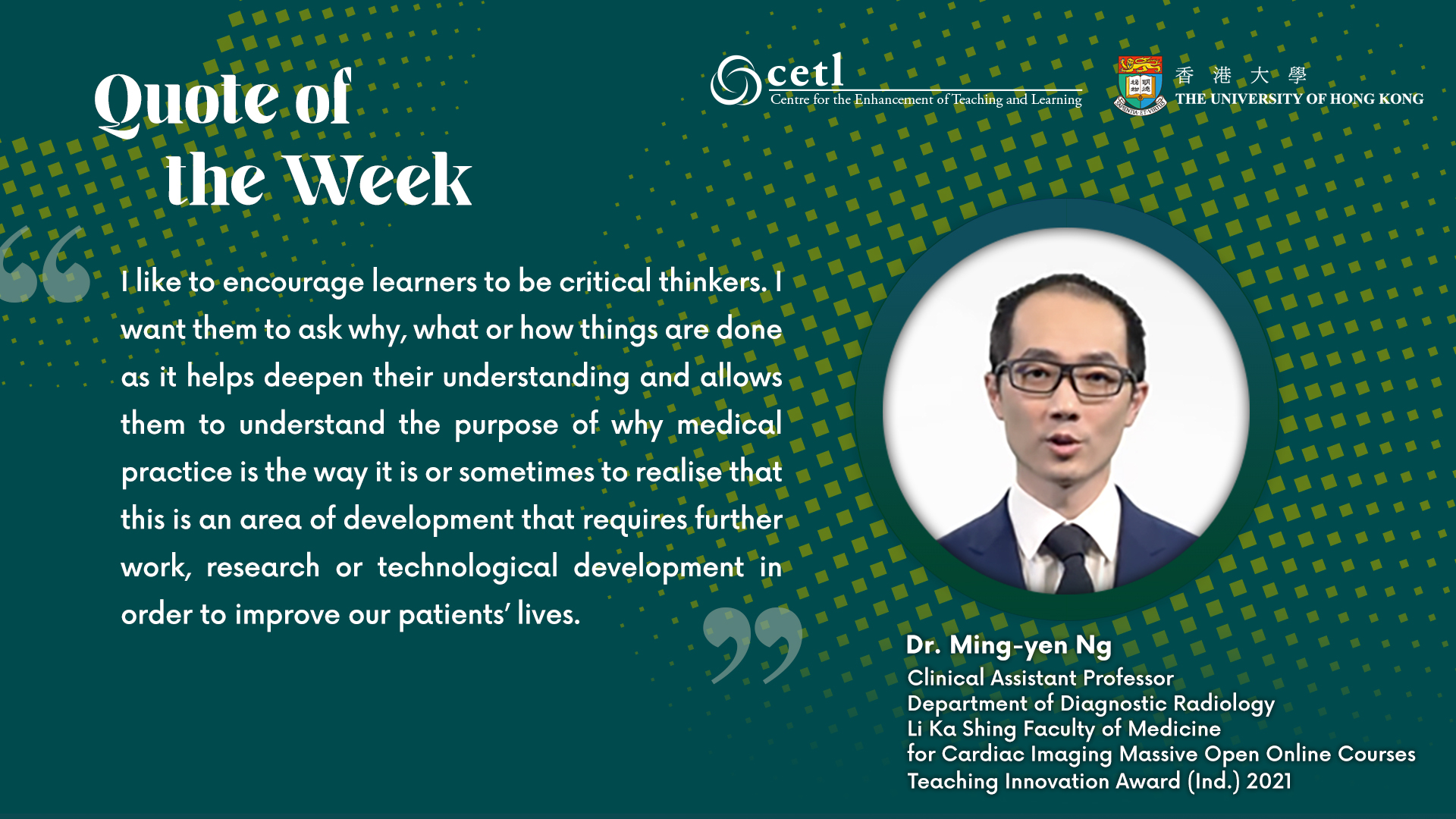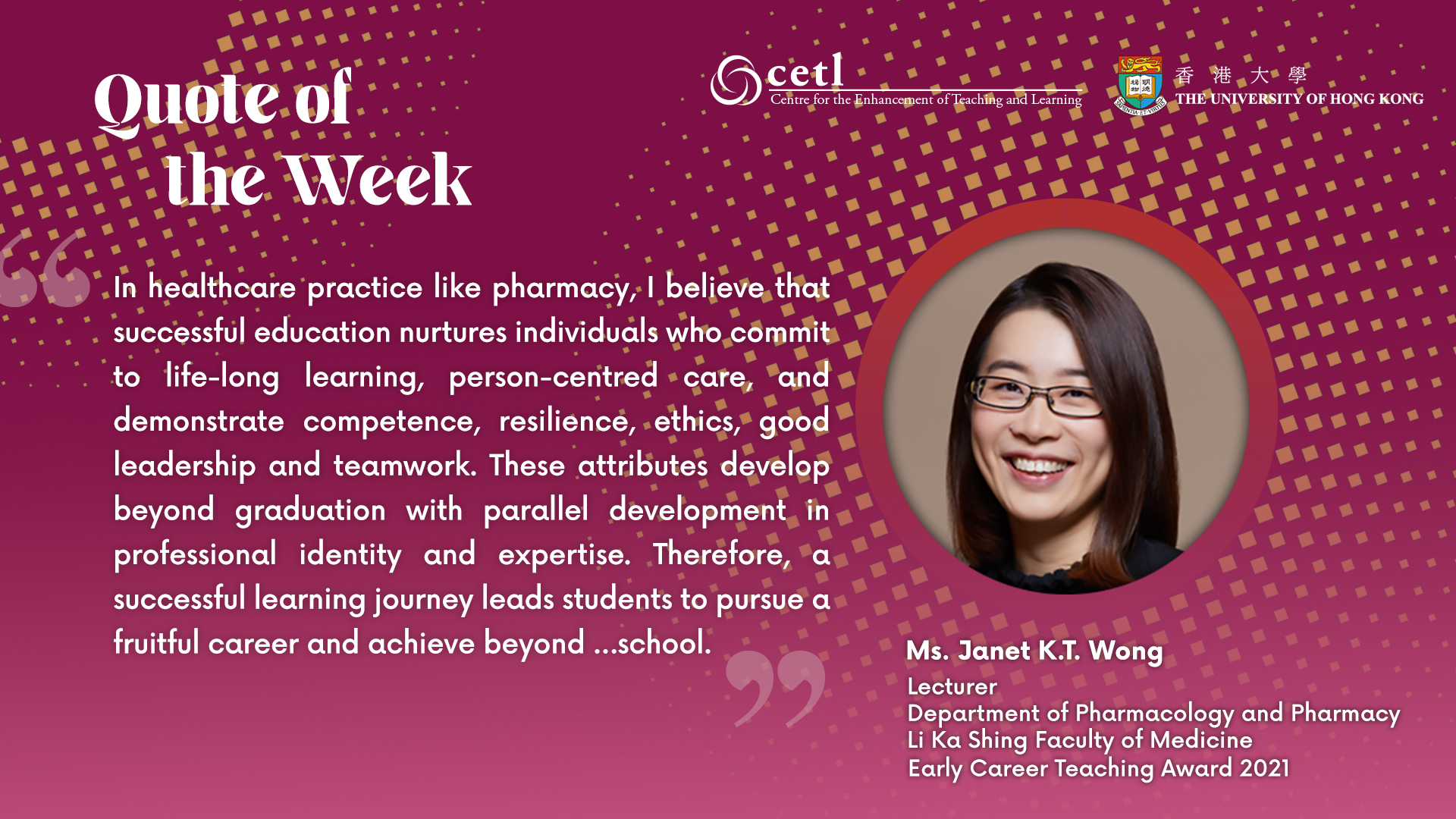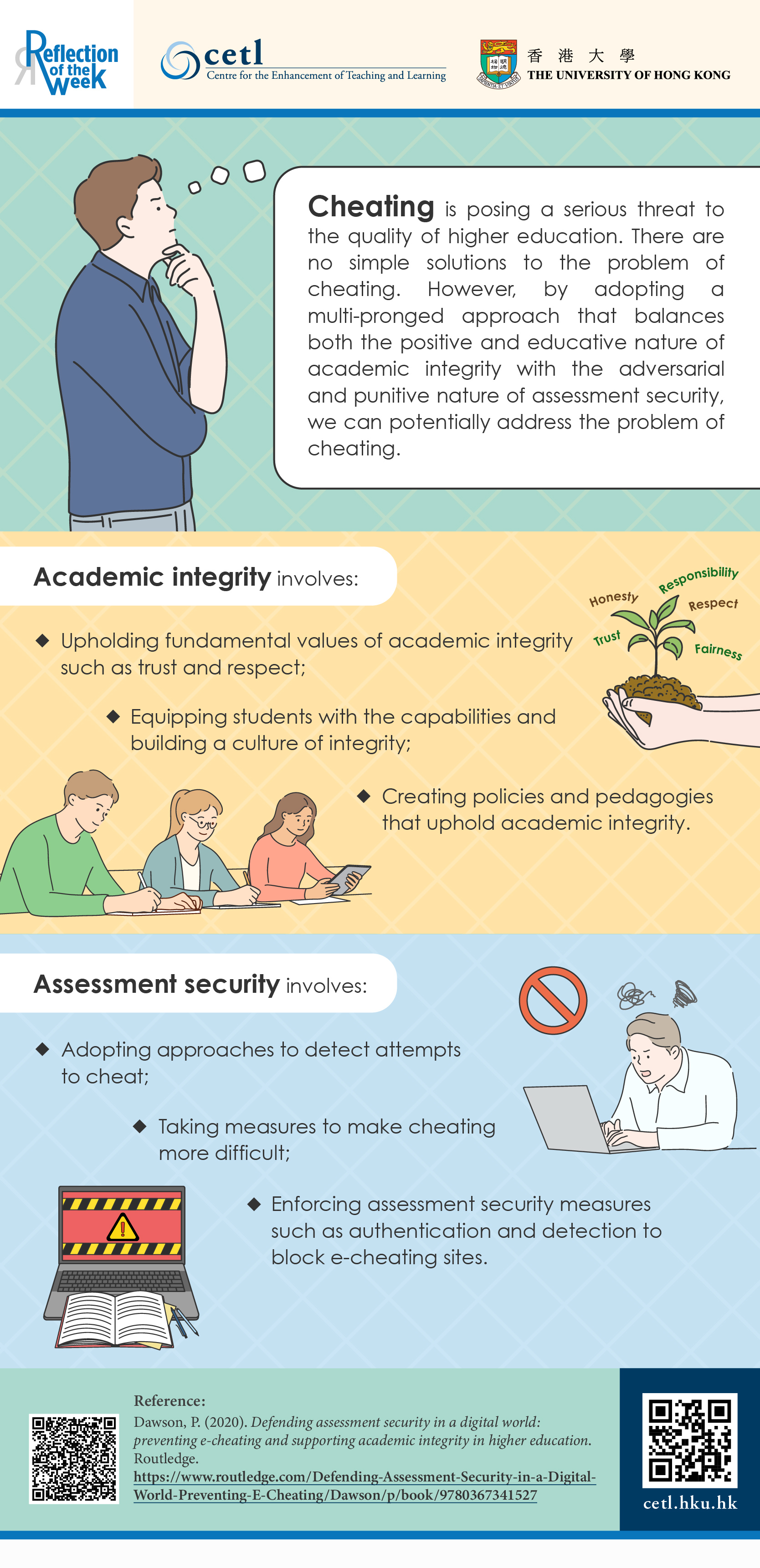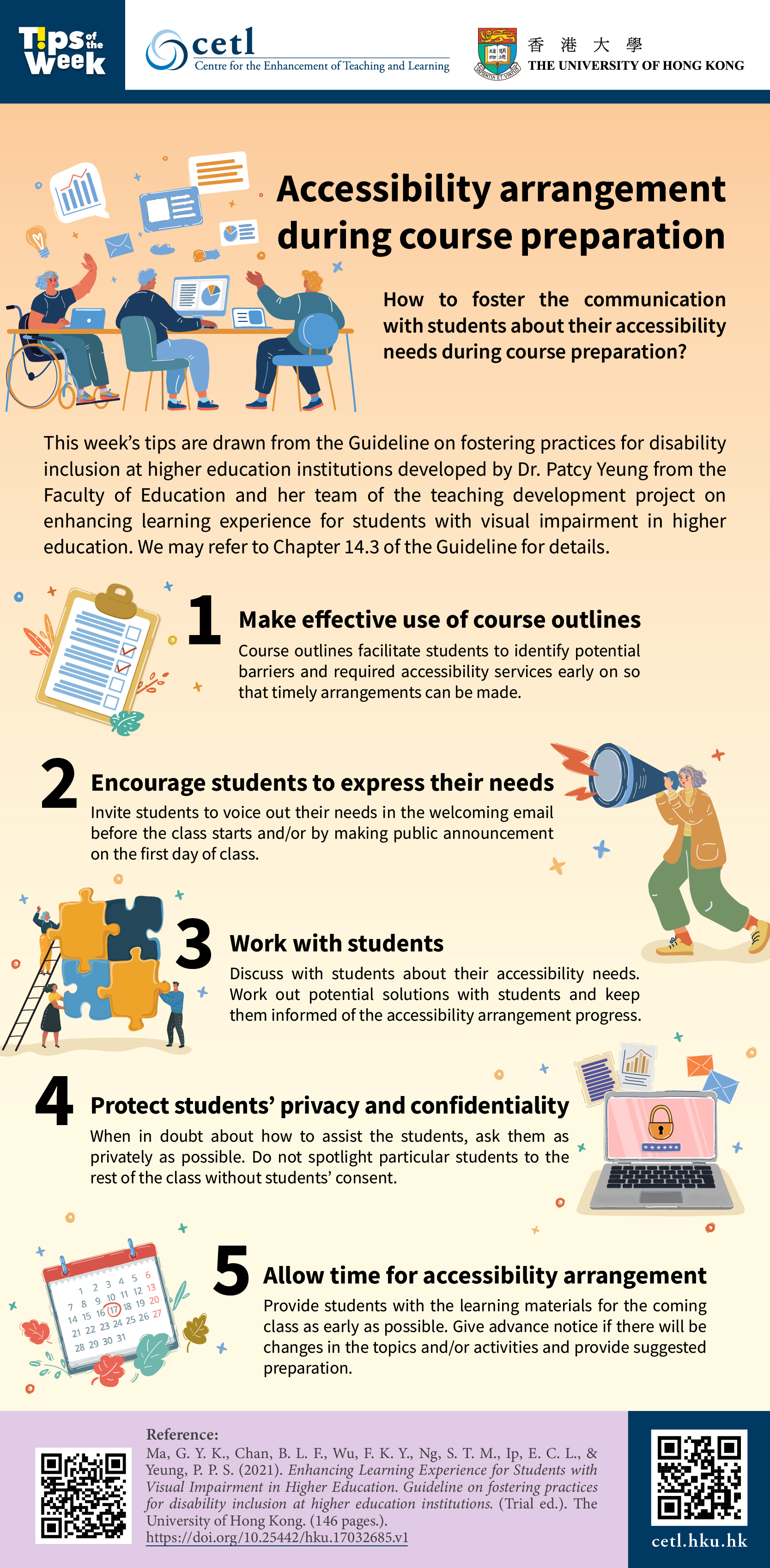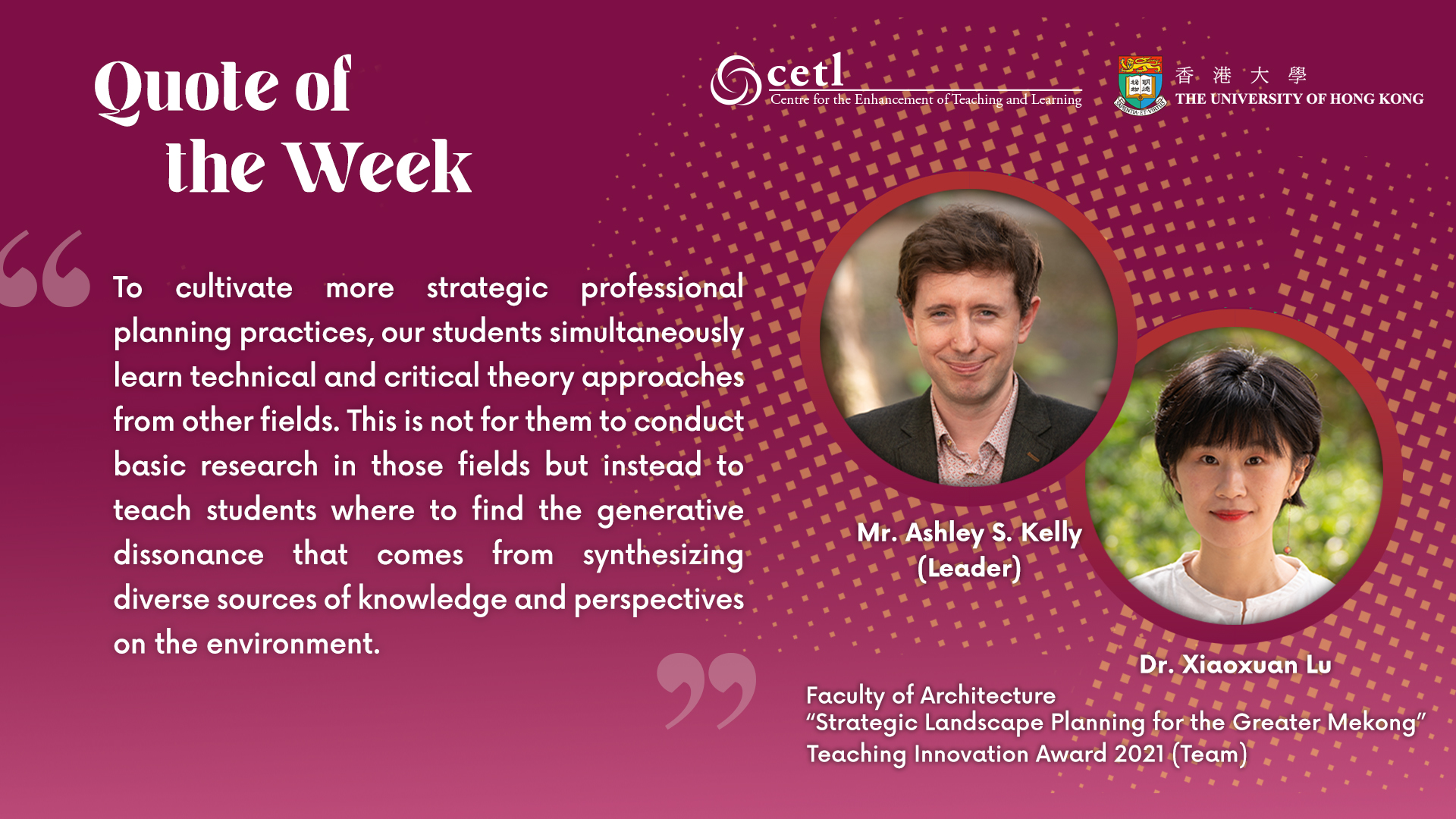
CETL Quote of the Week – Team of Mr. Ashley S. Kelly
To cultivate more strategic professional planning practices, our students simultaneously learn technical and critical theory approaches from other fields. This is not for them to conduct basic research in those fields but instead to teach students where to find the generative dissonance that comes from synthesizing diverse sources of knowledge and perspectives on the environment.
Mr. Ashley S. Kelly (Leader), Faculty of Architecture
Dr. Xiaoxuan Lu, Faculty of Architecture
Strategic Landscape Planning for the Greater Mekong
Teaching Innovation Award 2021 (Team)
Posting date: 09-Aug-2022




